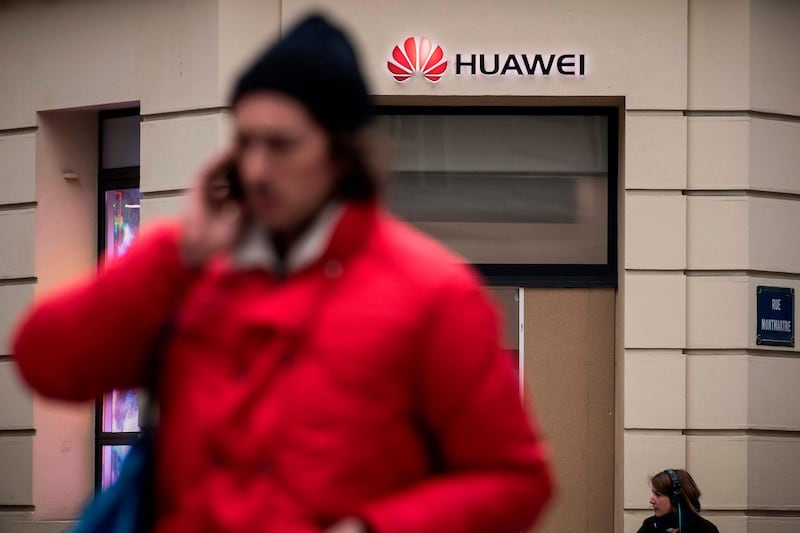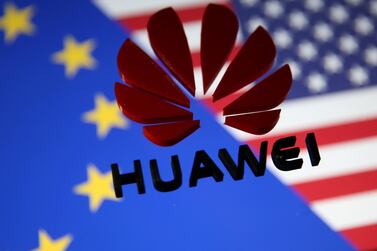China's Huawei has offered to build a cyber security centre in Poland where last month authorities arrested a Chinese employee of the telecommunications firm along with a former Polish security official on spying charges.
"We are ready to establish a cyber security centre in Poland if authorities accept this as a trusted solution," Tonny Bao, head of Huawei in Poland, said on Wednesday.
Huawei has set up information security labs in Germany and Britain aimed at building confidence that its equipment does not contain "back doors" for Chinese intelligence services.
Poland's government is set to exclude Huawei equipment from its future 5G network over concerns first raised in the United States that Huawei technology could be equipped with such back doors, sources told Reuters.
Huawei's regional public affairs director, Austin Zhang, said there is no reason for the Polish government to exclude the Chinese firm from its future 5G network development. "If it does happen ... we will try all our means to protect our business and reputation in Poland," Mr Zhang said.
The United States wants to steer people away from Huawei towards western products because of its concerns over the security of the Chinese company's technology, the US envoy to the European Union said last week.
Huawei denies allegations that its technology could be used for spying and the Chinese executive from Huawei arrested last month in Poland on suspicion of spying has also said he is not guilty, according to Reuters.
Still, the company faces increasing international scrutiny over the matter. Last week the company was excluded from a tender to build a Czech tax portal after the country's cyber watchdog warned of possible security threats posed by the telecoms supplier.
Separately the US Justice Department has charged Huawei with conspiring to violate US sanctions on Iran and with stealing robotic technology from T-Mobile US.
Canada, meanwhile, will probably ban Huawei from its 5G network, analysts and security experts say, although Prime Minister Justin Trudeau may delay the decision as long as possible to avoid jeopardising three Canadians detained in China.
As Mr Trudeau awaits a security review ahead the 5G roll out, former envoys to China, ex-spy chiefs and telecom analysts are increasingly of the view that Canada will follow some of its allies in freezing out Huawei from the next-generation network.
“I think a ban is likely,” said Richard Fadden, a former national security adviser to Mr Trudeau. He thinks Huawei’s presence in 5G would pose a risk to national security, adding that some of Canada’s allies are shunning Huawei, according. “I think it’s important for Canada to remember it’s in, and of, the West.”
Canada would join countries including the US, Australia and New Zealand that have blocked or limited the use of Huawei equipment. Germany and other European governments have also been weighing whether to place restrictions over concerns that Chinese intelligence could use the networks to spy on other countries, fears the company has dismissed.







